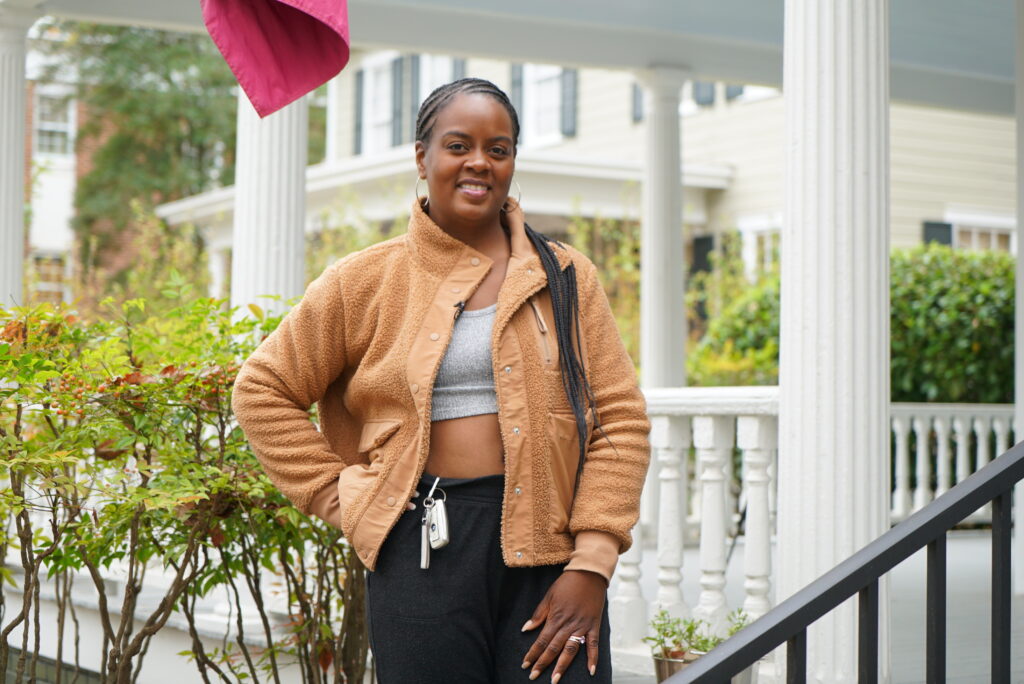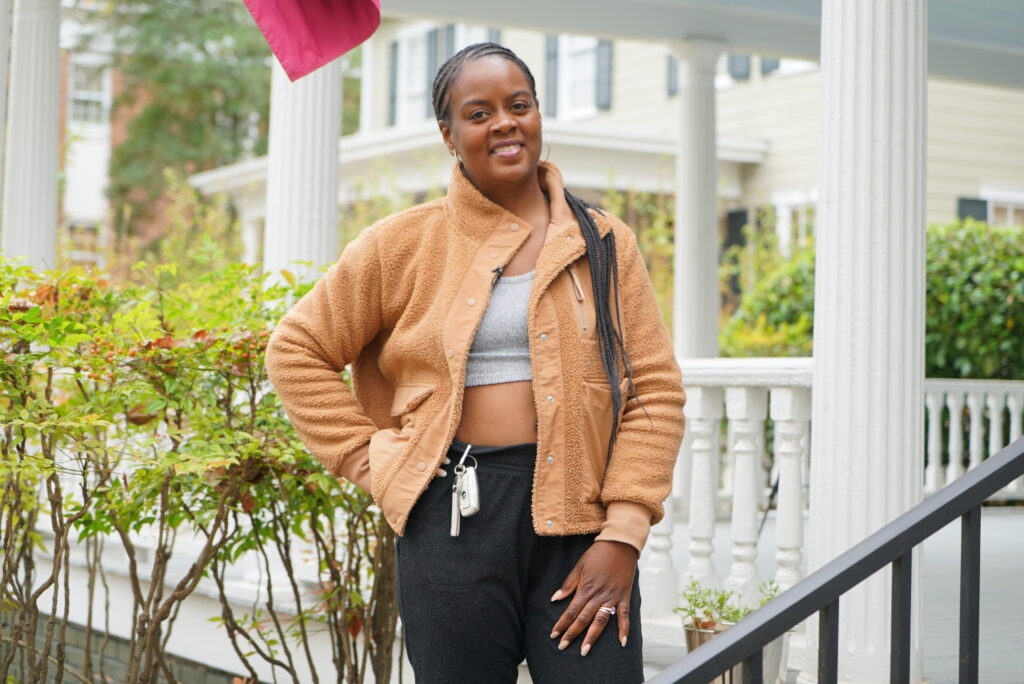
Mitchell Agribusiness Technology student, Hope Ostane-Baucom, is the recipient of the Food-Inspired Resilience and Equity (FIRE) Internship with the Center for Environmental Farming Systems (CEFS), a program offered through NC State University, NC A&T University, and the NC Department of Agriculture. Working with the Charlotte-Mecklenburg Food Policy Council to help create fair, equitable access to healthy farm fresh food.
“From the day I decided that I wanted to study agriculture, that has always been my goal, to make sure that farm fresh food within 100 miles of your residence would be accessible to all people,” said Hope. “I continue to learn more about food policy and how it impacts our local community.”
During the pandemic, while recovering from a surgery because of bilateral breast cancer, Hope found herself in a bubble because of her diagnosis. In that isolation, she started backyard gardening with family, which provided an abundance of food produced from a small space. In was in that moment that Hope decided that she wanted to be a part of eradicating food insecurity.
“I decided if [agriculture] was already something that I had the innate ability to do, then what if I put actual science behind a God-given gift,” said Ostane-Baucom. And then she found Mitchell Community College’s agribusiness technology program.
After her third surgery, Hope took her first class in the program – and online class – during her recovery. When she found success in her classwork, Hope decided to fully commit to her studies.
“I’m so grateful to the guidance that was given to me…to show me how I could use the skills that were already in me and amplify them with coursework like soil science and plant science,” said Ostane-Baucom, who is BASF plant science certified, and has a NC pesticide applicator license through Mitchell coursework.
Hope’s internship with FIRE will end right before she graduates in May, but she feels that this will be the perfect end to the educational opportunity that she’s had at Mitchell.
In the future, Hope would like to bring food equitable programs like she’s working with in Mecklenburg County to Iredell County. For Hope, to create food equity here in Iredell County is to create food equity spaces, to honor food hubs that are already in existence and then amplify their work to spread that access to more people.
“It’s about giving a sense of self-worth to people, who, at one point believed that farm fresh food was inaccessible to them. These programs create that self-worth that lets them know that they deserve and are worth the best food that NC has to offer,” added Ostane-Baucom.



